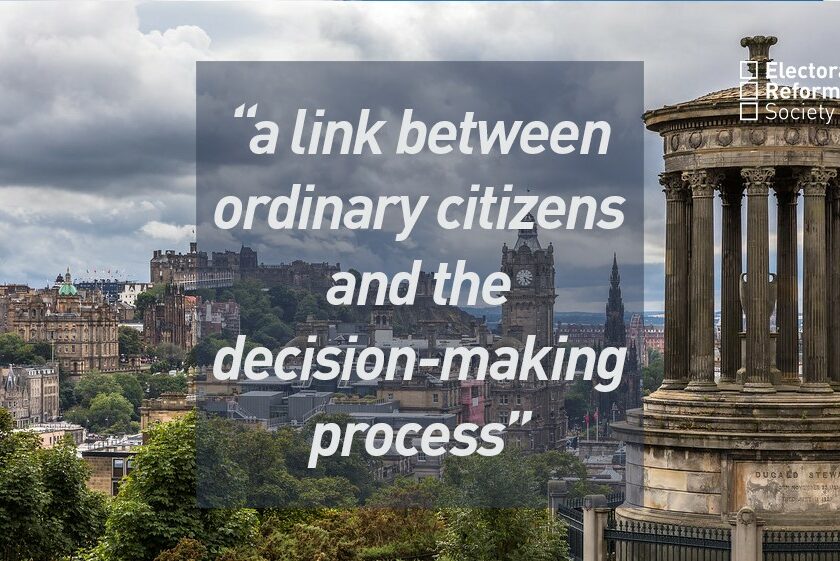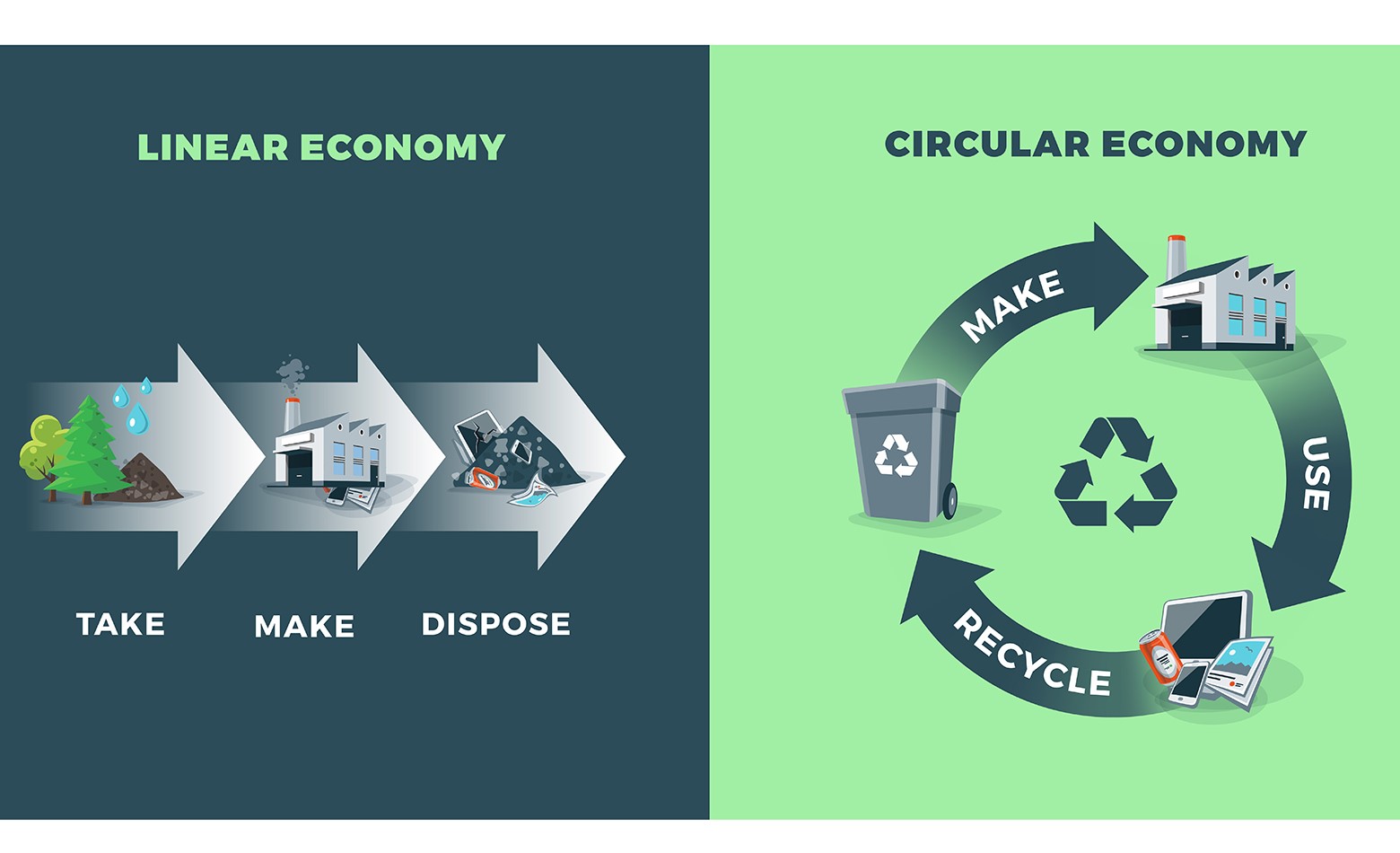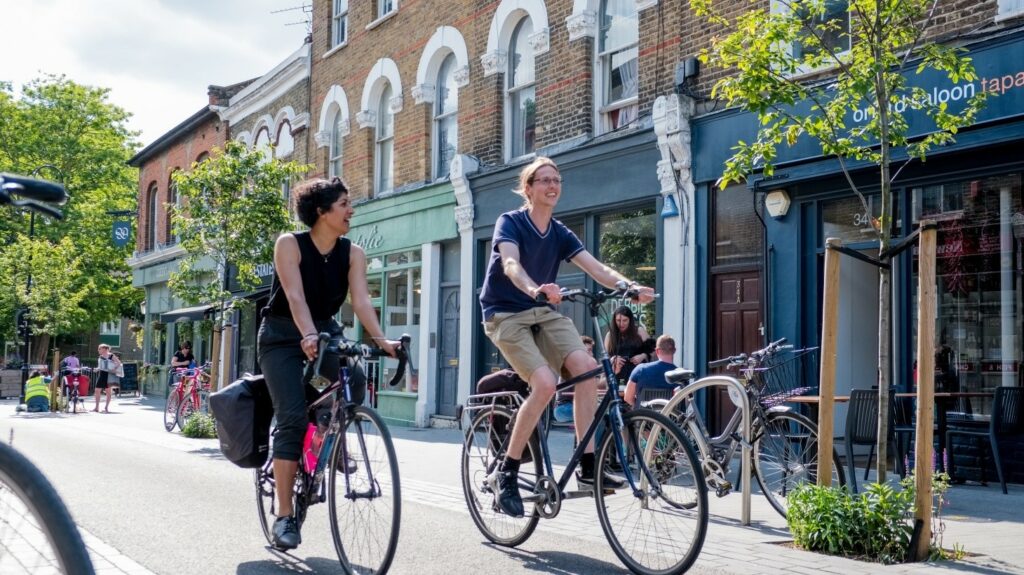Scotland’s Climate Assembly

Photo credit: Electoral Reform Society
Climate Champion Jennifer has been attending the Scotland’s Climate Assembly as an observer. Here she lays out what it’s all about and shares her highlights of the topics discussed so far.
Climate Change, resulting from an increase in greenhouse gas emissions, has already inflicted large scale devastation on the natural world and on the lives of people across the planet. The harmful emissions have been caused by us, and continue to rise globally. The way we live now is unsustainable; unless we take drastic action immediately to cut emissions, things will quickly get worse – much worse! But there is good news: a wealth of practical ideas, projects and planning, offering positive, effective solutions to redress the damage, is already available and is currently being scrutinised in Scotland’s Climate Assembly. The challenge is huge: it will be necessary to examine and bring change to many aspects of our daily living – what we consume, what we build, how we live, how we work and travel. The Assembly members will consider the evidence and submit to the Government a report, making recommendations on how best to implement a transition to carbon-neutral living, which is fair and just to people in every sector of our communities. Ministers will be required to publish a statement setting out the Government’s response to the recommendations, within six months of receipt of the report.
What is A Citizens’ Assembly?
A Citizens’ Assembly is a democratic means of involving citizens in decision making. Participants, who are selected randomly to represent all walks of life within the population, come together to be informed about, discuss and make recommendations to the Government on a specific issue – in this case, how, as a nation, we might tackle the problems of Climate Change.
Why have this Citizens’ Assembly?
The Scottish Government is committed to reducing greenhouse gas emissions to net-zero by 2045. This can only be achieved by making radical changes to our economy, our businesses and our personal and domestic lifestyles: many challenges lie ahead for everyone. To help inform planning for a transition which will be fair and just to all, the Scottish Government decided to listen to the voice of the people and called for a Citizens’ Assembly to consider a wide range of Climate issues.
Who attends?
The Assembly is strictly independent of Government and Parliament; the following criteria were used to select participants randomly, to represent the population of Scotland: age, gender, ethnicity, people living with a disability, location including rurality, attitudes to climate change, household income.
What happens at this Citizens’ Assembly?
One hundred and one citizens were selected and made a commitment to meet over seven weekends from November 2020 to March 2021. Normally, people would meet in person, but under Covid restrictions, this Assembly is taking place online. In each session, there are presentations from people from a wide range of backgrounds including academic, business and action groups: Informants present facts and data relating to the causes and effects of Global warming, whilst Advocates set out ideas or examples of current good practice, demonstrating policies and actions which will reduce greenhouse gas emissions and create a greener society. The quality of presentation is extremely high; facts and data are clearly illustrated with charts, graphs and film. In the first two weekends, all participants attended every presentation; the broad focus was on the impact of our lifestyles on global warming through diet, agriculture, home energy, work and travel. This was followed by small-group discussion, debate and the opportunity to ask further questions of the presenters. On weekends three and four, participants were allocated to one of three groups, each having a sharp focus on one specific topic. In weekend four, these were the topics and specific questions for consideration and discussion after the presentations were made:
- Lifestyle: How should Scotland change how it buys things to tackle climate emergency? How should Scotland manage materials and resources to tackle climate emergency?
- Communities: How should Scotland change how it plans its communities to tackle climate emergency? How should Scotland change how it delivers community services to tackle climate emergency?
- Work: How should Scotland change its working practices to tackle climate emergency? How should Scotland support people to change work and tackle climate emergency?
In previous weekends, there was an emphasis on how individuals can effect change in everyday life, but in this fourth weekend, the focus was largely on the responsibilities of Government, Local Authorities, manufacturers, construction companies, business owners, planners and architects to provide support and funding for communities in the transition to a greener lifestyle; to transform aspirations into reality.
Four key concepts featured in many of the presentations across the three topics.
Reducing consumption
A large part of Scotland’s carbon footprint comes from the goods and services we buy – we all need to learn to consume less, to purchase higher quality, longer lasting items, to make use of things for longer, to repair, share, re-use as much as possible. Above all, we need to keep asking before purchasing,’ Do I really need this?’ To help us make smarter choices, Government action is required to introduce labelling of goods giving clear information of the carbon footprint and to impose taxation to deter production of carbon intensive items. Watch this video for more detail:
Prof. Deirdre Shaw, University of Glasgow Adam Smith Business School
The Circular Economy

Photo Credit: Creator: petovarga | Credit: Getty Images/iStockphoto;
Several presenters across all three topics spoke of the importance of moving to a Circular Economy, the need for producers, as well as consumers, to take a long view and consider carbon impact at every stage of an item’s life span – from the sourcing of raw materials, through the manufacturing process, transportation and distribution, to usage and disposal. At every stage, green solutions and sustainable processes should be selected: goods should be produced or constructed to a high standard so that they will last longer and not require high frequency replacement, designers should ensure that items can be repaired when necessary and, that at end of use, components can be dissembled and re-used or re-cycled. We need to stop being a throw-away society, the ultimate target is that nothing need be sent to land-fill waste. Manufacturers and builders should bear responsibility to plan for the whole circular process from the outset. Government would be required to introduce and enforce stringent regulation pertaining to standards, with taxation to penalise those who don’t fully comply.
View this video to find out more: Iain Gulland, Zero Waste Scotland
The Twenty Minute Neighbourhood

Photo Credit: Sustrans
This concept is that communities will be developed within a local area in which the core needs of its population can be accessed without using the car; shops, schools, health facilities, sports grounds, playparks, green spaces, entertainment venues, and where possible, workplaces – would all be available within a twenty-minute walk or cycle ride. To help achieve this, Government and Local Authorities would play major roles, involving communities in planning and designing, and taking responsibility for provision of green spaces, safe walkways, cycle tracks, building affordable, new, green homes and retrofitting older properties, and for the development of an effective, integrated pubic-transport system, within and across networks of such communities. This video sets it out very well: Daisy Narayanan, Sustrans
Jobs and Opportunities
In much of the debate, the focus has been on necessary changes, including changes to how we work; clearly, as the use of fossil-fuels is phased out, certain jobs will have to go. This might appear to be a negative outcome, but presenters have also pointed out that, implicit in the move to become a green economy, there are many attractive opportunities. There will be new jobs for old: some skills from offshore work in the oil industry will be readily transferrable to new jobs in renewable energy or to the development of off-shore carbon storage. New jobs will present a chance to retrain and learn new skills – in areas of reforestation, peat restoration and flood protection. These will require Government funding for training programmes and financial support for employers during uncertain periods of transition.
But there is also a big opportunity to improve our quality of life and well-being. For too long, we have used Gross Domestic Product as our only measure of success, governments have stressed the need to keep increasing this. Growing our GDP however, also drives up carbon emissions and encourages people to value success purely in material, monetary terms, with little consideration for job-fulfilment and personal well-being. Dealing with Climate Change gives us a chance to address all of these together: as we move towards greener jobs, we could introduce a shorter working week, achieve a better work-life balance and realise a fairer sharing of our wealth. Katherine Trebeck makes a good case for change of this kind: Katherine Trebeck, Wellbeing Economy Alliance
This Climate Assembly presents a bold, inspiring vision of a new, carbon-neutral lifestyle for Scotland: sustainable living which is good for our health and wellbeing; greener, fairer jobs; restoration of the damage which we have inflicted on the natural world – and it’s all within our grasp. Radical ideas abound; to put them into practice we need strong, determined Government willing to provide planning, legislation and financial support, but we also need well-informed citizens, ready and willing to embrace necessary change.

Photo Credit: Kool Badges
The presentations from all of the weekends are available to watch here:
https://www.youtube.com/channel/UCEfXylgC1hgmMT6UTItl4Pw/videos
|